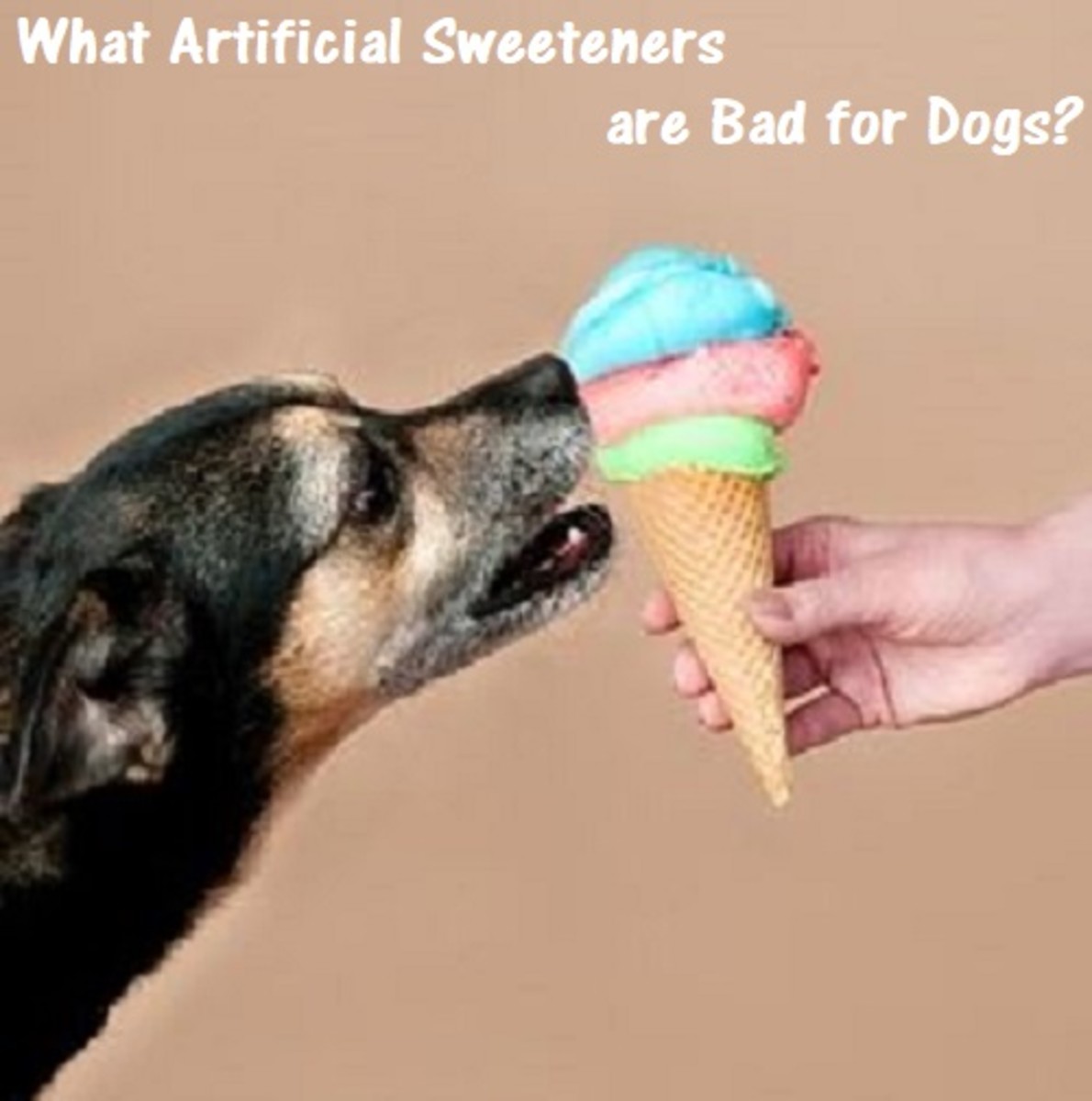The Skinny On Artificial Sweeteners
Most people have a sweet tooth. We crave for sweets day in and day out. Since some foods that are high in sugar make us gain weight that we look for substitutes to keep hunger at bay. Artificial sweeteners are consumed daily. Coffee lovers add a packet of artificial sweeteners to their morning cup of Joe. Some use them for baking cakes, cookies, and pie to avoid putting natural sugars in their recipes. Little did we know that artificial sweeteners can do more harm than good. There have been scientific reports claiming that artificial sweeteners are linked to diabetes and heart disease. You may have come across the terms saccharin, aspartame, and sucralose. They are found in most artificial sweeteners. Most people are misled by the fact that artificial sweeteners can help us lose weight. These chemicals are a Trojan horse according to doctors. Let me breakdown the nuts and bolts of the hidden dangers of artificial sweeteners.
Saccharin is 300 times sweeter than regular sugar. This has been around during the ancient times and is made of petroleum. Aspartame is 200 times sweeter than sugar. This chemical is added to sweeten diet sodas. Sucralose is 600 times sweeter than the regular sugar. It is used as fillers in some baking products. What is puzzling about these substances is that artificial sweeteners are a booming industry even if the consumption of sodas has plummeted. What we don't know is that the food industry is using aliases to hide the real identity of these sweeteners in most packaged foods.
Elizabeth Boham MD of Ultrawellness Center was a guest on the Dr.Oz Show. She explained why these sweeteners are being hid away from the public. According to Boham, the food industry is dependent on these ingredients because consumers are dependent on sweet taste. We are looking for substitutes and the food industry is looking for new names for these artificial sweeteners to add to these products. Names or aliases such as Neotame, Rebiana, Acesulfame Potassium, and Insomalt are masquerading as artificial sweeteners. Boham warned the viewers that if you can't read or understand what's on these food labels, then don't eat it.
The second hidden danger of these chemicals is that it makes us overeat. The brain has 2 main areas. The outside area and the middle area which is the oldest part of the brain. This part of the brain is easily tricked by sugar. If we have too much sugar in our body, the brain can't function the right way that's why people tend to overeat. The rewards center of the brain is responsible for controlling our appetite. When you eat a pie which is high in sugar, the brain sends signals of pleasure in our body. These artificial sweeteners tempt us to eat more. They make you gain more weight instead of losing them. It can also ruin your taste buds. When we digest artificial sweeteners, the taste buds are no longer reacting to the natural sweetness that we normally consume. The tongue gets used to consuming artificial sweeteners that the taste buds get numb. The tongue doesn't taste food the way it used to.
These chemicals can also harm our gut. According to Boham, we have taste receptors in our gut. When we eat cookies, the taste receptors produce hormones. These hormones are vital in controlling out appetite and blood sugar levels. When we consume artificial sweeteners, we feel like we have taken all the sugar that comes in our body and help us get full, but there are no calories that come with it. Taste receptors get messed up in our gut. We waste our hormones by eating artificial sweeteners. This results to diabetes because the gut has gotten used to eating fake sugar than the natural sugars.
Another startling finding is that artificial sweeteners are made of GMO's These sweeteners come from corn, sugar beets, and soy and most of them are genetically modified. They are used in some baking products and some sugary foods.
Dr. Oz and Boham suggested the viewers to stop eating artificial sweeteners. You can eliminate them from your diet gradually. For example, cut them in half each week. If you put 2 packets in a cup of coffee, then go down to one packet. After one week, reduce it to half a packet. At first, the taste will be different, but your taste buds will adjust eventually.
Most people are duped by artificial sweeteners thinking that it's a safer alternative to the regular sugar that we eat. They are considered a Trojan horse. They wreak havoc on our weight and lead to diseases such as diabetes and heart related sicknesses. Don't be fooled by these chemicals. It is better to consume the regular sugars than artificial sweeteners.






